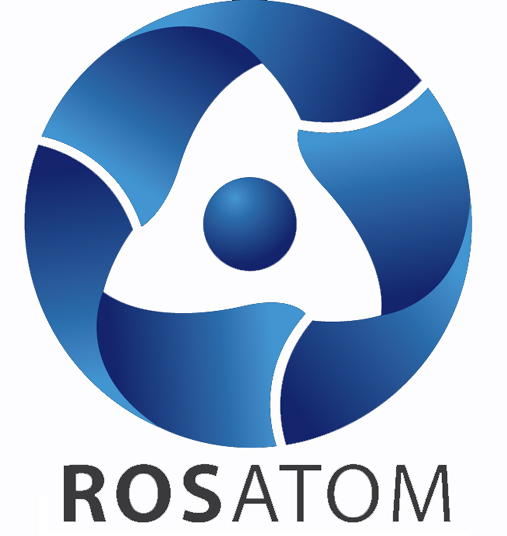Part 1 of 4 Parts
The Russian invasion of Ukraine has precipitated a global energy crisis. Since the invasion began on February 24, the international price of oil has rising more than twenty-five percent. The price of gasoline has nearly doubled. The outlook for both oil and gas is poor. Western companies are using sanctions to limit Russia’s ability to finance its war with oil and gas revenues. Energy prices are likely to remain high and volatile. The uncertainty of the war is dovetailing with concerns about climate change. This is prompting more anxiety about the global energy future. Nations should have started shifting away from fossil fuels decades ago to protect the planet. Have waited so long, they must abandon fossil fuels at a time when people are paying increasingly high prices.
As nations try to bring down high energy costs and disentangle themselves from Russia while simultaneously combating climate change, many have expressed renewed interest in nuclear power. Nuclear power is currently one of the world’s largest sources of low carbon energy. It is responsible for about one fourth of the European’s electricity. As opposed to most forms of renewable energy such as solar and wind, nuclear power can reliably produce large quantities of electricity for most days of the year. It has helped Europe move away from fossil fuels that have been extracted elsewhere in the world. This includes natural gas from Russian wells.
In the short term, increasing Europe’s reliance on nuclear power won’t release the continent from the need for Russian fuel. In the same way that Europe has become dependent on Russian oil and natural gas, much of the would has become dependent on Russia for the materials needed to construct commercial nuclear power plants. Russia has almost half of the global capacity to enrich uranium to produce nuclear fuel. Forty percent of the nuclear energy produced in Europe depends on uranium from Russia or Kazakhstan and Uzbekistan. Both of these countries are neighbors and close allies of Russia. About half of all U.S. nuclear power plants are powered by imports of uranium from these three countries. This may explain why the U.S. nuclear industry lobbied to exclude uranium from sanctions on Russian energy imports. Russian also dominates the market for nuclear power plant exports and construction. Developing countries are a preferred target for Russia’s nuclear exports. Russia’s closest competitor is China, another autocracy. States that contract with Russia or China may spend decades dependent on them for nuclear fuels and services.
In order to end Russia’s dominance over the global nuclear market and to prevent China from taking its place, democratic countries need to get serious about supporting their domestic nuclear industries. This is especially true as new, innovative nuclear technologies enter the global energy market. They need to consider policies that create demand for nuclear energy as part of their broader climate agendas. It may be reasonable to invest in creating nuclear manufacturing facilities that can reliable supply a growing global market for energy. Doing so can contribute to fighting climate change and curtailing the global power of authoritarian regimes.
Please read Part 2 next
Nuclear Reactors 1033 – Democratic Nations Need To Disentangle Their Energy Markets From Russia and China – Part 1 of 4 Parts

Written by
in
